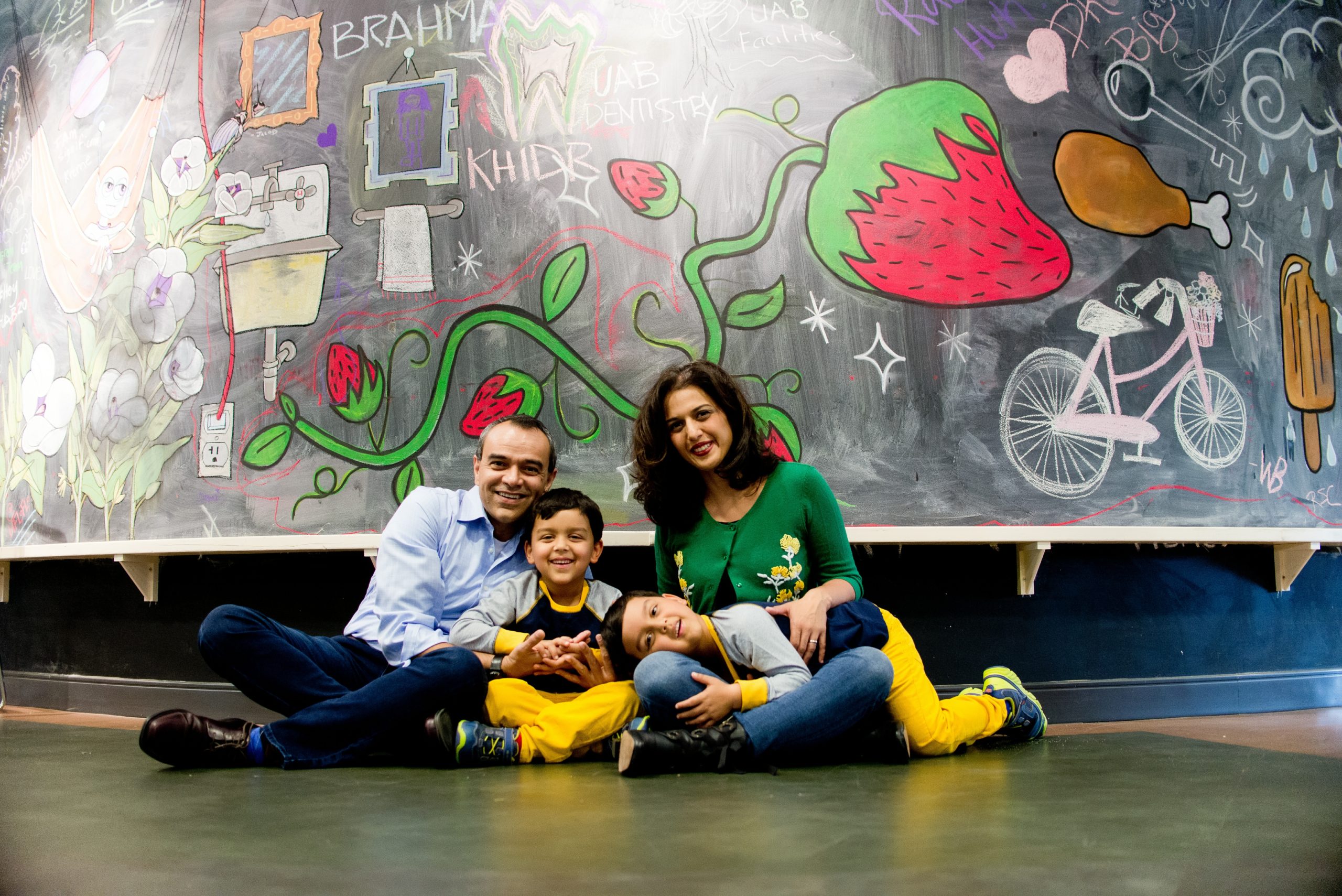As a Medical Sociologist specializing in public health challenges in disadvantaged communities, Dr. Henna Budhwani has worked around the globe to improve healthcare and education. An Assistant Professor at the University of Alabama at Birmingham, Budhwani recently received a $900,000 grant from the National Institute of Mental Health (NIMH) to develop and adapt an HIV prevention program for high-risk groups in the southern United States. Hayat interviewed Budhwani about her project and how her career led to this milestone.
What gaps does your current research seek to fill regarding HIV prevention?
A recent New York Times article states that “The South… has the highest numbers of people living with HIV who don’t know they have been infected, which means they are not engaged in lifesaving treatment… An unconscionable number of them are dying.” Young African-American sexual and gender minorities in the Deep South have some of the highest rates of new HIV infections in the United States and those unaware of their infection contribute to over a third of ongoing transmission. Knowledge gaps and harmful stigmas make [this cohort] less likely to accept HIV testing and prevention services compared to their peers in other parts of the country.
What outcomes are you hoping to achieve?
To address these challenges, my study will adapt and test Brothers Saving Brothers (BSB), a brief two-part intervention that has been shown to increase rates of community-based HIV testing and acceptance of prevention education in the Midwest. The ultimate goal is for more high-risk youth to test, know their HIV-status, and to actively engage in risk reduction.
How did that interest in minority healthcare develop into a career path?
As a person of color whose parents were immigrants, my interest in the identification of health disparities and promotion of health equity is part of who I am. I am a Shia Imami Ismaili Muslim. As such, I exist within a cultural and religious community that holds a strong ethic of service to humanity, so I was occasionally asked to support projects in international settings. Some of my favorite projects from that time were a grassroots assessment of microfinance impact the Middle East and Central Asia, and the evaluation of a hospital system in East Africa for capacity building. When I joined the University of Alabama at Birmingham (UAB) faculty, I merged by research interests with my global development experience. This intersection enabled me to become a community-engaged researcher working with underserved, often stigmatized populations in resource-constrained settings in the United States and abroad.
What were your professional defining moments?
I skipped two years to start college at age sixteen. I was way too young, meandered through college, and graduated believing that I was done with school. Years later, I took an online course for the fun of it. The professor who taught the class asked me to meet with him. He told me I had an aptitude for the material and asked if I had been a Sociology major in college. I chuckled and commented that I was a Biology major, like every other South Asian. We continued communicating, and a semester later he set me on a path to attain a doctorate in Medical Sociology.
You have worked all around the globe and in various healthcare sectors. Is there a thread that unites your work?
As a Medical Sociologist, I am concerned with how structural forces negatively affect sub-populations. A unifying theme in my work is the effects of stigma. Whether I am working with Muslim women in the United States or transgender sex workers in the Caribbean, the way I structure my studies and identify variables of interest typically relate to the study population’s experiences with stigma and discrimination with linkages in HIV risk reduction and mental health.
When you’re not pursuing your professional career, how do you spend your time?
My husband Karim and I have rambunctious twin boys. Brahma Mubarak and Khidr Kishan are eight years old. Between work and parenting there is very little time to do much else. That said, recently, I was appointed to two local boards (starting in 2020): the University of Alabama (UA) Blackburn Institute and the McWane Science Center. Both Karim and I are wholeheartedly committed to promoting community engagement and the expansion of civil society.
Any other unusual facts about yourself?
Last year I learned to knit, but after knitting three or four infinity scarves and a couple baby blankets, I quit. I purchased a Silhouette for vinyl printing but couldn’t find the time to learn all the functionalities, so I gave it away to a crafty friend. This year, I tried to learn modern calligraphy – that was a mess. In the past, I had green hair, and I used to LARP (live action role-play) when I lived in Chicago. I am currently immensely entertained by TikTok: the content gives me a humored glimpse into the experience of adolescents.



